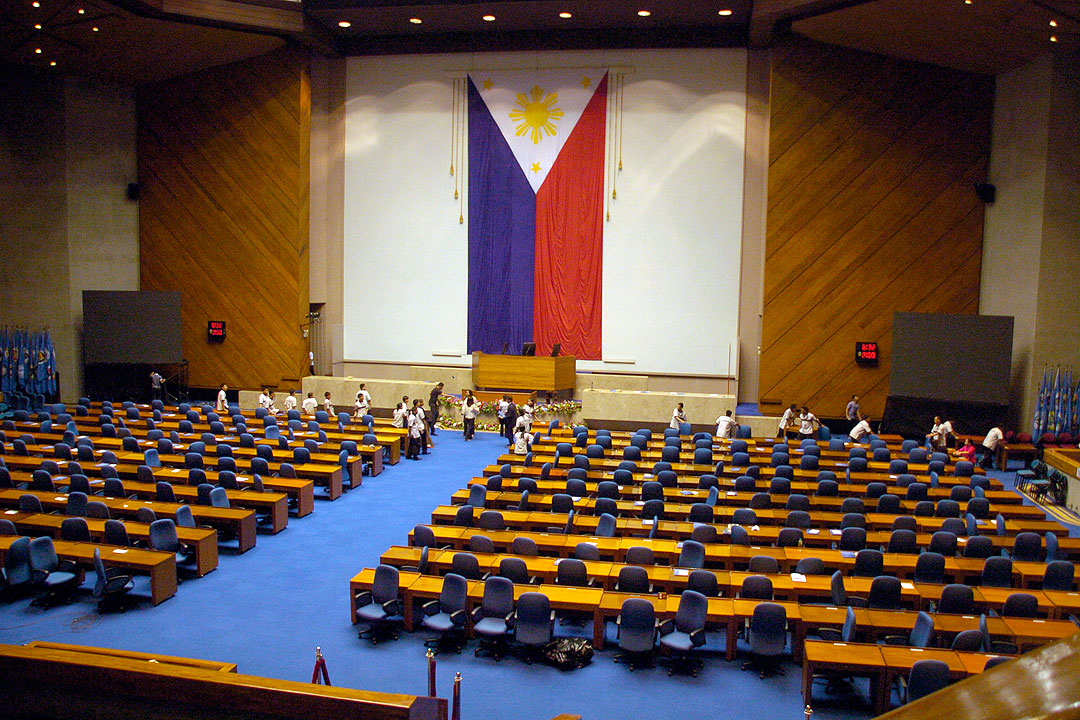
THE government should be wary of legislating an anti-dynasty law as it could undermine the political freedom of both candidates and voters, a congressional think tank said.
In a November report, the Congressional Policy and Budget Research Department (CPBRD) recommended the state to strengthen its voter education drives to help voters elect competent candidates instead of crafting an anti-dynasty law, citing it could infringe on the right to run for public office.
“Instead of restricting voter choice, efforts should focus on improving the capacity to choose voters,” it said. “Voter education programs could, for example, provide detailed information about the functions of elected positions and the responsibilities of elected officials.”
“An informed and responsible electorate would negate the need for restrictive anti-dynastic legislation. Discerning voters would likely not be swayed by the last name of a candidate,” it added.
The 1987 Philippine Constitution explicitly prohibits dynasties from participating in the country’s political system, but an enabling law has never been passed in 37 years.
A group of lawyers, in early 2024, filed a petition before the Supreme Court, urging the tribunal to compel Congress to pass an anti-dynasty law. They alleged that Congress “failed to perform its Constitutional duty to pass such a law.”
“The clamor for legislation to prohibit political dynasties is fundamentally motivated by the desire to promote increased political equality,” the CPBRD said. “The argument is that political dynasties restrict the participation of non-dynastic entities in formal political processes and should thus be proscribed by law.”
But the think tank said crafting an anti-dynasty law is a balancing act, citing that imposing a candidacy ban on politicians’ immediate family members could lead to the selection of distant relatives to maintain political continuity.
While a “stricter” anti-dynasty law, which includes third-degree relatives of politicians, could infringe on the democratic rights of distant family members seeking to run for office, it noted. “An aspiring politician, who may be reasonably talented and well-intentioned, would be disqualified simply because his cousin is in elected office.”
“An anti-dynasty law that imposes restrictions on family members of an incumbent politician up to the second-degree will likely result in alternative political dynasties involving extended families,” it said. — Kenneth Christiane L. Basilio



